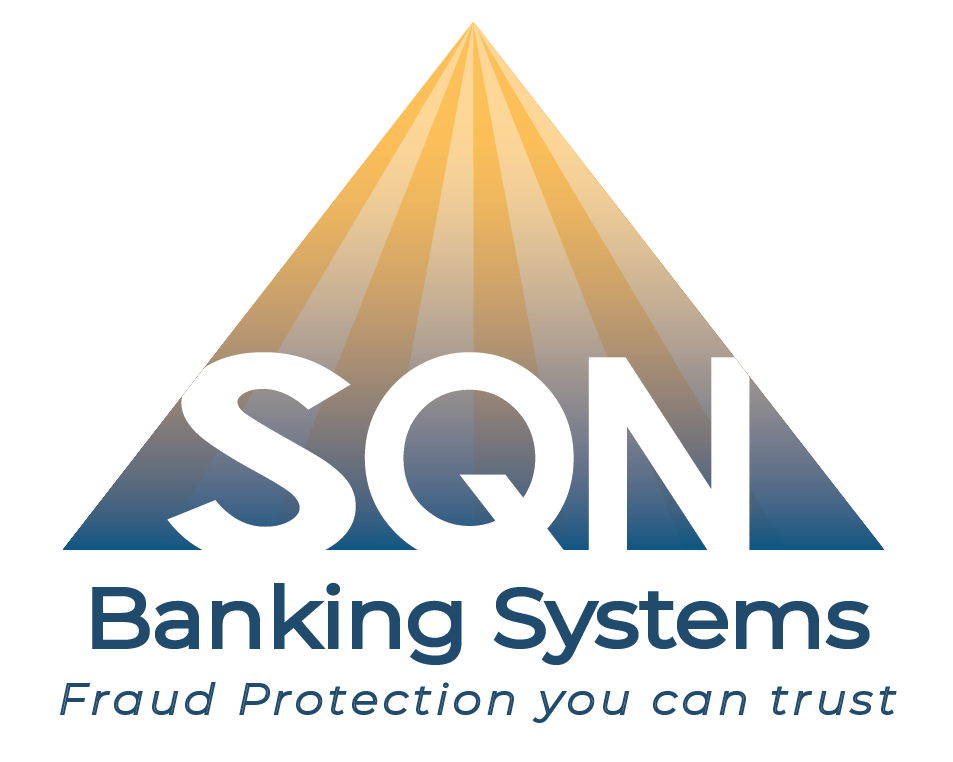 If your financial institution employs traders, you need to be on the lookout for rogue traders. As you may know, rogue traders act independently, take on risky investments, and tend to have minimal regard for their clients and your financial institution. To protect yourself, keep these essentials in mind.
If your financial institution employs traders, you need to be on the lookout for rogue traders. As you may know, rogue traders act independently, take on risky investments, and tend to have minimal regard for their clients and your financial institution. To protect yourself, keep these essentials in mind.
Be Consistent With Trading Rules
Sometimes, when rogue traders end up making a lot of money, their employers don’t label them as rogue. Instead, they reward them with large bonuses. Unfortunately, if you want to keep your traders in line, you can’t do that. You need to set rules and be consistent.
In fact, you should pay special attention to outliers. If a trader is posting profits that are significantly higher than expected, that may a sign of an issue, and it’s definitely a sign that you need to dig further and monitor their activities more closely.
Track Trading Activities
To keep tabs on what your traders are doing, make sure you track their trades. You may want to require all traders to generate a trading report at the end of every day, or you may want to do spot checks and only audit their activities if you see a red flag. Consider using value at risk models to determine who can make certain trades and how much they can trade. Other red flags include the following:
- Refusing to take vacations
- Working excessively, including outside of trading hours
- Irregularities in risk management controls
Test Your Controls
Often, rogue traders get away with unscrupulous trades because the risk management controls are not working. To ensure that your controls are working, do occasional checks of the system. Adjust the settings and see if they pick up trades outside the parameters. Do manual checks of your employee’s trades and make sure they are within established guidelines. If not and you haven’t received any alerts, there may be an issue with the controls you have in place.
Create a Culture of Honesty
Unfortunately, rogue trading is relatively common. Many traders operate outside the norms of their financial institutions. Often, they are never caught. As indicated above, sometimes they are even rewarded for their behavior when the results are positive. To deter traders from breaking the rules, consider cultivating a culture of honesty at your financial institution.
There are a variety of ways you can do that. Ideally, you want to put honesty and trustworthiness over sales and earnings goals. When employees feel pushed to meet unrealistic expectations, they may bend the rules. Also, remember that cultural norms start at the top. If you are visibly committed to honesty and integrity, your employees may follow.
To foster honesty, focus on hiring employees with impeccable records. While interviewing a potential employee, try to ask questions that get at the heart of their honesty. For instance, you may want to ask the same question during the pre-screening phone interview and during the in-person interview. If the answers are markedly different or if you get a lot of embellishments during the in-person interview, that’s an indication that individual isn’t that truthful and may not be a good fit for your financial institution.
Research Rogue Traders
To catch rogue traders, you should try to develop an understanding of how their antics have affected other institutions. For instance, in 2008, Jérôme Kerviel was taking unauthorized positions on stock futures. His employer, Société Générale, ignored the issue for a while because he was turning large profits. But, Kerviel had worked in compliance in the past — he knew how to get around the controls. Ultimately, he lost the bank approximately $4.9 billion. Make sure that you separate your front and back office functions. To protect your bank, you need segregation between the people doing the trades and the people providing the oversight.
Nick Leeson brought down Barings Bank with his rogue trades that led to over $1 billion in losses. Ultimately, the bank went under and sold for one pound sterling to the Dutch Bank ING. The tell in this situation: the bank was letting Leeson settle his own trades. As a result, he was able to hide significant losses for years. Sadly for the banking world, there are all kinds of stories like this. Rogue traders have brought down all kinds of banks, and if you want to protect yourself, you should look into their stories.
At SQN Banking Systems, we take fraud seriously, and we understand that financial institutions face fraud from both inside and outside their businesses. To get help, contact us today. We create fraud protection solutions for banks and we can help you.
